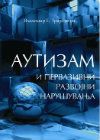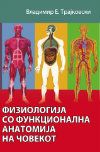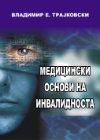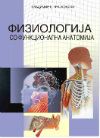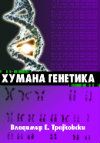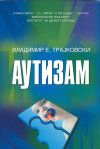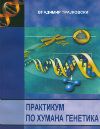New issue of Journal of Special Education and Rehabilitation
Dear readers,
Today 26.03.2012 newest issue of JSER was released No. 1-2, Vol. 13, 2012.
This year the academic journal “Journal of Special Education and Rehabilitation” is celebrating its 15 year of existence among the home and world specialized journalism. It is not a long period, but long enough to be able to make some analysis. The publication began as an unpretentious local journal that analyzed the issues related to the practice of special education and rehabilitation and its allied sciences, for later to grow into well accredited international journal with 18 members in its Editorial Board, from which more than 60% are foreign experts and authors form around 20 European and World countries. In this occasion, I would like to thank the first Editor-in-Chief Prof. d-r Ljupcho Ajdinski, PhD, and his deputy editor, the speech therapist Velichko Andreevski, for their brave steps and thriving idea to incept this academic journal. Compliments also deserve the remaining members of the editorial office that in the past 15 years gave their effort in building this contemporary publication up to our readers’ standards. It is obvious that in the past four years the number of indexing and abstracting has increased and in the present it has reached up to 54 major world databases and esteemed libraries.
The road to achieving the factor of influencing is long, painful, and fulfilled with many challenges. However, our journal has to reach the “Mont Everest in the world of academic publishing”. With this issue 1-2 for 2012, the journal enters a phase of new evaluation done by the company Thomson Scientific, and our hope remains that in the next issue we will publish that strongly desired factor of influence. Hereby should be acknowledged that the rate of rejected articles has increased up to 40%, which directly increased the quality of the published ones. The authors have to realize that when two independent reviewers will write a negative review, then the editorial office is left with the only choice to respect this decision, fully aware that this will meet some dissatisfaction among the authors in question. As an illustration, I would like to remind that the SCI indexes less then 2% of the journals coming from the developing countries, and so far in Macedonia the editors of only two journals can enjoy such achievement. There is defeating data that only 10-15% of the articles are scientifically useful. Half of the articles never and by nobody are being cited, and half of the journals are standing untouched on the libraries’ bookshelves.
The readers of this issue can read interesting contents by authors from Austria, Bosnia and Herzegovina, Canada, Macedonia, Serbia and Croatia. Various topics from diverse areas are offered: the role of the family in the early intervention; the visual perception in children with plexus brachialis impairment; the occurrence of stuttering among the children with Down syndrome; hearing and visual impairment as a risk factor for depression; the subjective observation of the wellbeing of parents of special needs children; the development of the Quality of Life approach among persons with disability; and is established an analysis of the errors among the children with stigmatisam in the Bosnian-Croatian-Serbian language.
In the news and information section are being distributed five intriguing contents of held seminars and conferences, with the last one announcing the upcoming scientific symposium under the title “Inclusive education-condition and challenges”. It will be held in Strumica, Macedonia, in the period between 17th and 19th of May, 2012. After follows an abstract from a defended Master’s Thesis and the issue concludes as usual: bibliography, list of reviewers and index of authors.
Dear readers, I strongly advise us all to purchise Macedonian academic journals, because in that way we prolong the lifespan of the academic journalism, while getting educated in certain domains of our area of practice.
With great respect,
Editor-in-Chief
Prof. d-r Vladimir Trajkovski, MD, PhD

|
